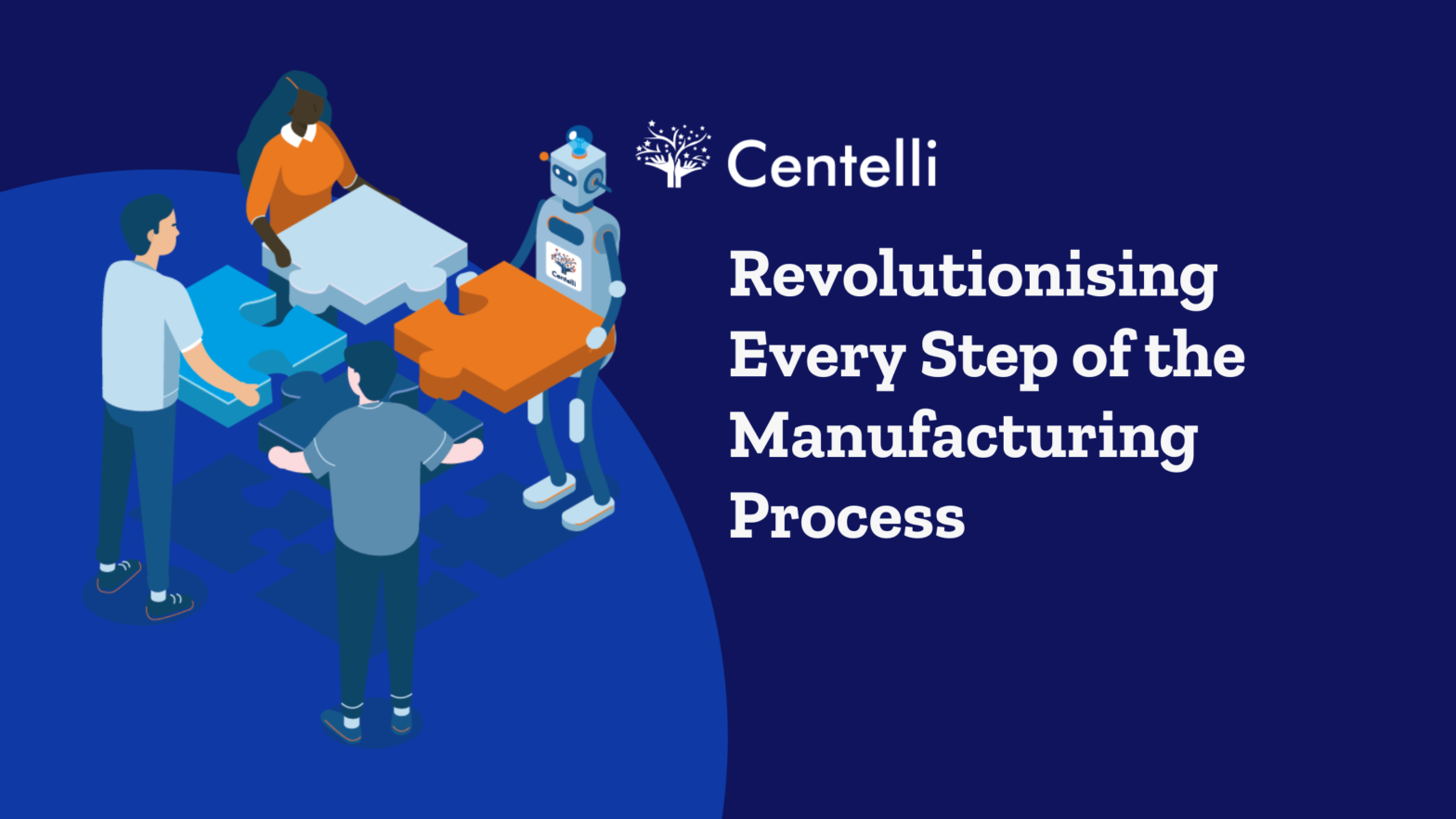
- Business
- Written By Harriet Kotvics
Onboarding, Contract Management, and Policy Compliance
04-Jun-2024 . 3 minutes read
Streamlining HR Processes with Digital Workers
Human Resources (HR) departments are under increasing pressure to enhance efficiency and ensure compliance while managing a growing workforce. Digital workers, powered by intelligent automation, are transforming HR by streamlining key processes such as onboarding, contract management, and policy compliance.
Here’s how:
The Challenges in HR Management
HR departments often grapple with labour-intensive and repetitive tasks, which can lead to errors, inefficiencies, and delays. Managing HR processes are not only time-consuming but also prone to inconsistencies – in areas that really must be consistent to ensure fairness across a workforce. Key challenges include:
– Onboarding: Coordinating between various departments to ensure new hires have access to necessary tools, information, and training. This may include documentation requirements, IT requirements, system access etc.
– Contract Management: Keeping track of contract terms, renewals, and compliance with legal requirements.
– Policy Compliance: Ensuring that all employees adhere to company policies and regulatory standards and managing policy updates effectively.
How Digital Workers Transform HR Processes
1. Onboarding
Digital workers significantly streamline the onboarding process by automating various tasks:
– Document Collection and Verification: Digital Workers can create, collect, verify, and store essential documents, reducing the manual workload and ensuring accuracy.
– System Access Coordination: They can coordinate tasks across departments, ensuring new hires have access to necessary tools, accounts, and resources from day one. For example, Digital Workers can handle the creation (and then deletion) of all new accounts across tools such as Microsoft 365, other email platforms, social media, CRMs etc.
– Personalised Training Schedules: Digital workers can create and manage personalised training schedules, ensuring new employees receive all required training without delays…and all completed training is logged centrally (for example if it’s a requirement).
These improvements lead to faster onboarding, better new hire experiences, and a more organised approach to welcoming new employees.
2. Contract Management
Managing contracts effectively is crucial for compliance and operational efficiency. Digital Workers can automate several aspects of contract management:
- Contract Creation and Standardisation: They can generate contracts using standardised templates, ensuring consistency and compliance with legal requirements.
- Renewal and Expiry Alerts: Automated systems can monitor contract dates and send alerts for renewals or expirations, preventing lapses and ensuring continuous compliance.
- Centralised Storage and Retrieval: Digital Workers can store contracts in a centralised, easily accessible digital repository, simplifying document retrieval and audits.
By automating these tasks, HR departments can reduce errors, save time, and maintain better control over contract management.
3. Policy Compliance
Ensuring policy compliance is a continuous challenge, especially as regulations and company policies evolve. Digital Workers help maintain compliance by:
- Policy Distribution and Acknowledgement: Automating the distribution of new or updated policies and tracking employee acknowledgements ensures everyone is informed and compliant.
- Compliance Audits: Regular automated audits can check for adherence to policies and highlight areas of non-compliance.
- Training and Certification Management: Digital workers can track training completions and certifications, ensuring all employees meet necessary compliance requirements.
This automation leads to improved compliance rates, reduced risk of non-compliance, and a more organised approach to policy management.
Case Study: Enhancing HR Efficiency with Digital Workers
A global financial services company implemented digital workers in their HR department to streamline onboarding, contract management, and policy compliance. The results were impressive:
- Onboarding Time Reduced by 50%: New hires were fully onboarded and productive in half the time compared to traditional methods.
- Error Reduction: Automated contract management reduced errors by 98%, ensuring greater compliance and fewer legal risks.
- Improved Policy Compliance: Automated tracking and reminders led to a 40% increase in policy acknowledgement and compliance rates.
These improvements not only enhanced HR efficiency but also contributed to better employee experiences and reduced operational risks.
Conclusion
Adopting Digital Workers in HR is not just a trend but a necessity. By automating repetitive tasks and ensuring better compliance, digital workers help HR departments focus on strategic initiatives, improve efficiency, and enhance overall employee satisfaction. As businesses continue to evolve, leveraging intelligent automation in HR will be key to staying competitive and agile.
For more insights on implementing digital workers in your HR processes, take a look at this page!
Book a meeting with us today to talk through how we can solve your HR needs!







